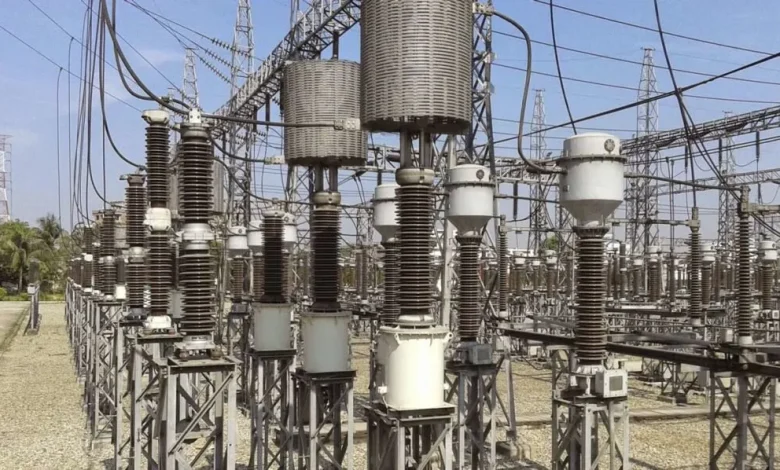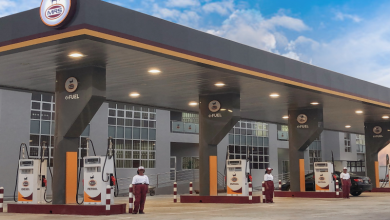7.4m consumers still without electricity meters as installations rise 5%

Approximately 7.4 million electricity consumers in the Nigerian Electricity Market currently lack meters, despite a five per cent increase in meter installations.
According to data from the Nigerian Electricity Regulatory Commission (NERC), 179,792 meters were installed in the first quarter of 2024, compared to 171,107 during the same period last year.
NERC disclosed that while there are 13.37 million registered electricity consumers as at the end of March, 2024, only 5.989 million have meters, representing 44.78 per cent.
A breakdown of meter installations in the first three months of this year showed that 56,994 meters were installed in March while 79,837 and 42,961 meters were installed in February and January, respectively.
Amongst the electricity distribution companies, DisCos, the Commission’s data showed that Ikeja Electric has provided meters for 73 per cent of its customers with Abuja DisCo (61 percent) and Eko DisCo (59 percent), making the top three companies with the highest rate of metering.
Huge metering gap, a major problem –Minister
The Minister of Power, Adebayo Adelabu has admitted that the huge meter gap was a major problem in the industry which the Federal Government was determined to bridge.
Adelabu noted that the use of the estimated billing system by the DisCos was unfair to customers in the industry.
According to him, “In the industry, a little over five million customers are metered. We have a metering gap of about eight million customers and this huge meter gap is a major problem because the majority of the customers are still on estimated billing. We believe it is not fair because they feel they are being cheated if they cannot validate how they are being billed”.
He explained that as part of effort to solve the metering problem, President Bola Tinubu has recently approved the use of N12 billion to meter army formations across the country.
The Federal Government had late last year taken concrete steps to bridge the metering gap by opening bids from 47 companies for the supply of 1.25 million electricity smart meters funded by World Bank’s $155 million loan.
The move was part of the government’s National Mass Metering Programme started in 2021 with the supply of one million meters in “phase -0”. The phase-1 of the project however failed to kick-off as the N200 billion funds expected from the Central Bank of Nigeria, CBN, failed to materialise.
This prompted the World Bank intervention of a $500 million loan for the phase-2 with the balance $345 million going directly to the electricity distribution companies, DisCos, to fund the expansion of the distribution networks across the country.





